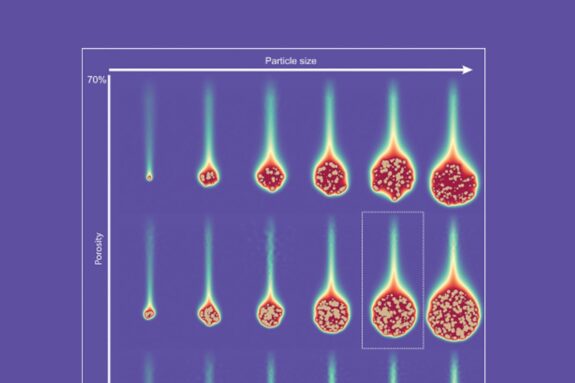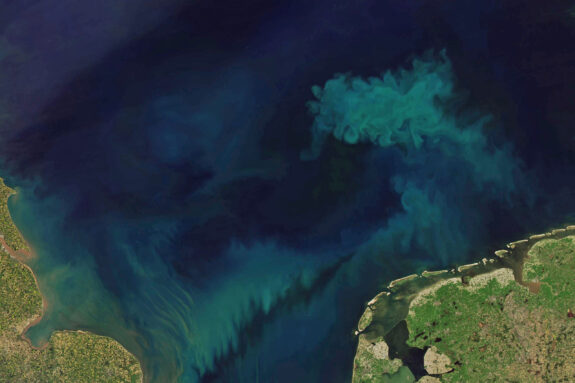Rogier Braakman awarded Hypothesis Fund seed grant

EAPS Research Scientist Rogier Braakman was awarded a seed grant from the Hypothesis Fund.
Department of Earth, Atmospheric, and Planetary Sciences (EAPS) Research Scientist Rogier Braakman was awarded a seed grant from the Hypothesis Fund. His project, “Global biogeography and evolution of microbial cross-feeding in the ocean” explores how microbial interactions differ across oceans, and how their evolution shape both the carbon cycle and Earth’s climate.
“It is a tremendous honor and validation of the work we are doing,” says Braakman. “The support from the Hypothesis Fund will allow us to translate these ideas into a research program that I am very excited about.”
An important part of the microbial carbon cycle is “cross-feeding”, a process through which microbes consume molecules that are produced by other microbes during their growth. While cross-feeding has been studied in local situations where microbes are relatively stable, Braakman wants to study the process globally, in ecosystems of free-floating cells that undergo regular mixing. An added challenge is that the molecules created in the process often have near-vanishing concentrations in salt water, making them hard to measure directly.
Braakman’s project will look at the collective genome of microbes in a seawater sample – known as a metagenome – to understand what cross-feeding looks like large-scale throughout the oceans, without having to measure molecule amounts directly. A particular goal is to identify “hotspots” for the cycling of compounds for further testing, as well as identifying evolutionary forces that are acting on these pathways. Ultimately, this information can be used to study the cycling of CO2 from the biosphere to the atmosphere, and how the cross-feeding cycle responds as the Earth’s climate changes.
“It is a bold, risky undertaking that requires deep understanding of ocean biogeochemistry, metabolism, and evolution — Rogier’s rare combination of skills. This project has potential to lead to a re-evaluation of the evolution of emergent ecosystem behaviors,” writes Ginger Armbrust, a professor of oceanography at the University of Washington and the Hypothesis Fund Scout that recommended Braakman for the grant.
The Hypothesis Fund was started in 2022 to support “innovative research that increases our adaptability against systemic risks to the health of people and the planet,” according to their website. The seed grants target bold new ideas in the early stages of research that might otherwise not be funded. Recipients are selected on the recommendation of scientist Scouts rather than through calls for proposals.
Braakman says that funding like this is “critical to help us develop this new research area in my group and eventually obtain additional funding from more traditional sources”.
“This award has the potential to be a real catalyst for what we are trying to do,” he says.


